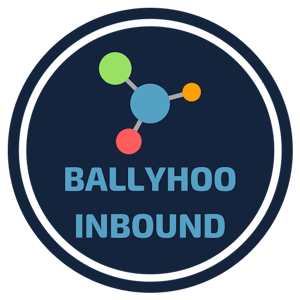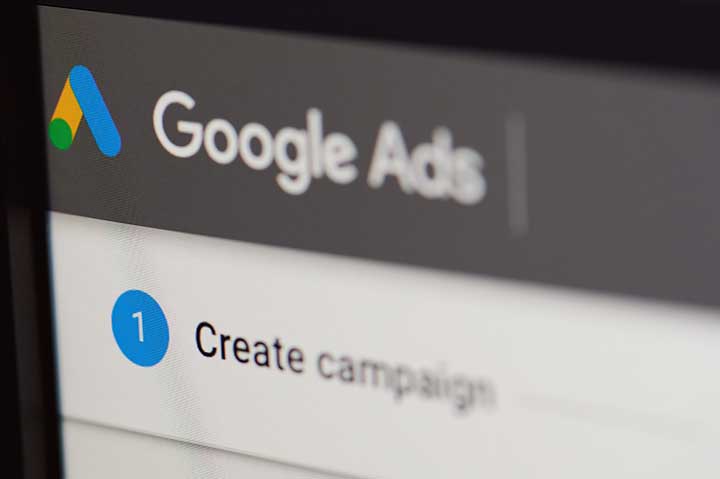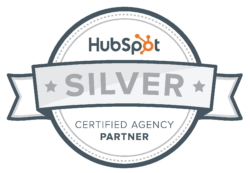As a small business owner, attracting the right customers can be a challenging task, especially when working with a limited budget and time constraints. One effective strategy to overcome these hurdles is to give your business and brand a unique voice. Blogging emerges as a powerful tool in this regard. By blogging about topics related to your product, especially addressing common problems or pain points your business can solve, you can engage potential customers. Additionally, sharing timely and relevant information about industry trends, changes in regulations, and pertinent news articles can further enhance your business's relevance and appeal.
The essence of effective blogging lies in creating content that is genuinely helpful to your customer. This approach not only establishes your industry expertise but also aids in building brand awareness. Importantly, it can significantly boost your Search Engine Optimization (SEO), thereby increasing the visibility of your website.
Blogging plays a pivotal role in enhancing Search Engine Optimization (SEO) for small businesses. Here's how blogging assists in boosting SEO:
- Frequent Content Updates: Search engines, like Google, favor websites that are regularly updated with fresh content. By maintaining an active blog, you're consistently adding new material to your site, signaling to search engines that your site is active and relevant.
- Keyword Integration: Blogging allows for the strategic use of keywords related to your business. By incorporating these keywords naturally into your blog posts, you improve your chances of ranking higher in search engine results for those terms. This targeted approach helps in attracting the right audience to your website.
- Long-Tail Keyword Opportunities: Blogs are excellent for integrating long-tail keywords, which are longer and more specific phrases that customers might use when they're closer to making a purchase or when using voice search. These long-tail keywords are less competitive and can significantly improve your chances of ranking higher.
- Backlinking Potential: Quality blog content increases the likelihood of other websites linking back to your site (backlinks). Backlinks from reputable sites enhance your site’s authority and credibility in the eyes of search engines, further boosting your SEO.
- Enhanced User Experience: Blogs can significantly improve the user experience by providing valuable information, answers to specific queries, and engaging content. A good user experience is a factor that search engines consider when ranking sites.
- Social Media Sharing: Blog posts provide content that can be shared across social media platforms. This not only increases your reach but also contributes to SEO when these shares lead to increased traffic or backlinks to your site.
In conclusion, blogging is not just a way to give your business a voice and connect with customers; it's a strategic tool that, when used effectively, can significantly improve your website's SEO, thereby driving more organic traffic and enhancing your online presence. Remember, successful blogging for SEO is about quality, relevance, and consistent effort. The blog is not a sales pitch. The primary goal is to offer something that either helps or interests the reader. This approach ensures that your blog is not just another advertising platform but a valuable resource for your audience.
If you need help getting a blog started for your business, feel free to reach out to us. We're here to help!














